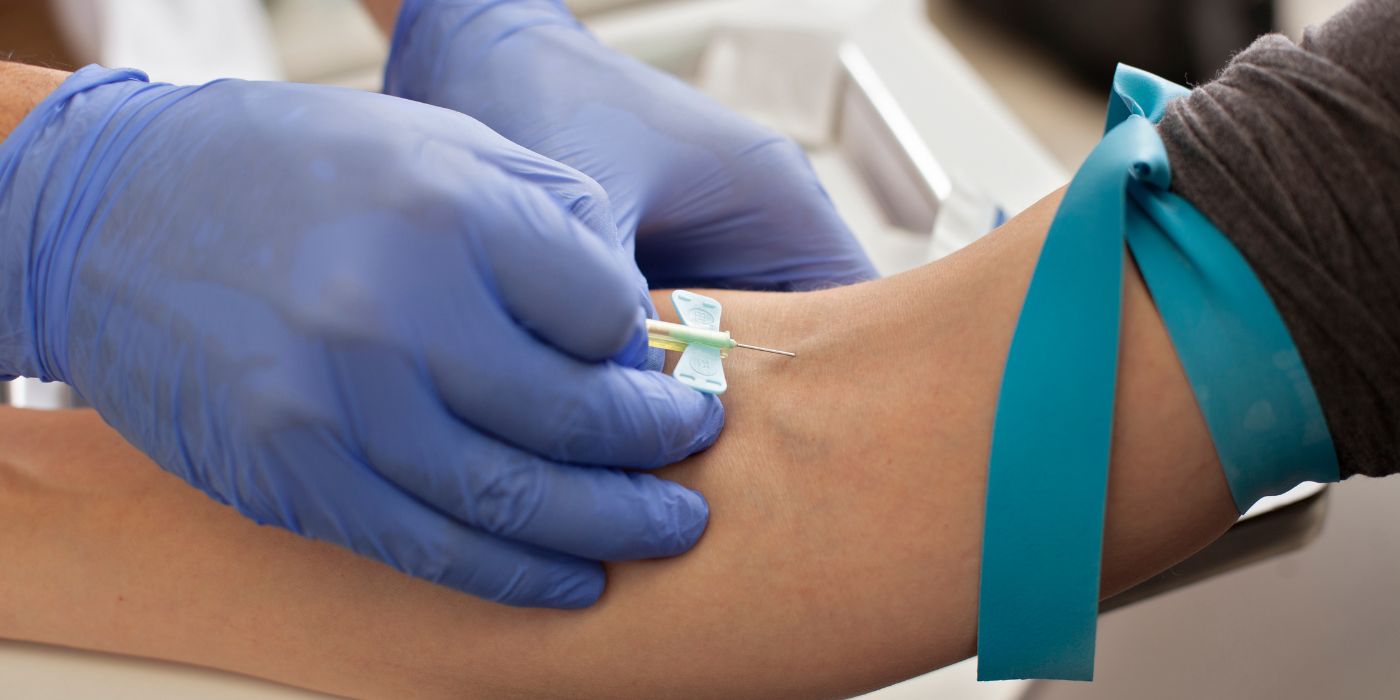What Is Ethyl Sulfate?
Ethyl sulfate is a chemical that forms in your body after you drink alcohol. When someone drinks beer, wine, or another alcohol, their body breaks it down. One of the things the body makes during this process is ethyl sulfate.
Ethyl sulfate is called a metabolite. That means it’s something your body creates when it breaks down a substance—in this case, ethanol, which is the kind of alcohol people drink.
Doctors and scientists can find ethyl sulfate in a person’s urine or blood. It helps them know if someone drank alcohol recently. It’s like a secret clue left behind after a person has a drink.

Why Is Ethyl Sulfate Important?
Ethyl sulfate is very helpful in drug testing and toxicology. It can show if someone is drinking when they’re not supposed to—like someone in recovery from substance abuse.
It’s also used in clinical studies to watch how the body reacts to alcohol. Since it sticks around in your urine for a while after drinking, it helps scientists and doctors know what’s going on inside the body.
How Does Ethyl Sulfate Form?
Ethyl sulfate forms when your body mixes ethanol with sulfuric acid. This mix creates something called an ester. Esters are common in chemistry. They are made by combining an acid and an alcohol.
In this case:
-
Ethanol (from drinks like beer or wine)
-
Sulfuric acid (a strong acid found in your body in tiny amounts)
This reaction is helped by a process called catalysis. That just means something helps the reaction go faster—kind of like turning up the heat to cook food faster.

Where Is Ethyl Sulfate Found?
You can find ethyl sulfate in:
-
Urine
-
Blood
-
Water samples (sometimes in labs)
Doctors may check a patient’s urine to look for this chemical. If ethyl sulfate is there, it usually means the person drank alcohol recently.
Ethyl Sulfate vs. Ethyl Glucuronide
Ethyl sulfate is not the only biomarker used to detect alcohol use. Another one is called ethyl glucuronide.
Both are used in drug tests to show if someone drank alcohol. They often show up together in the body. But each one behaves a little differently. That’s why doctors like to check for both.
Ethyl sulfate and ethyl glucuronide offer high sensitivity and specificity. That means they’re good at finding even small amounts of alcohol (sensitive), and they only show up when alcohol is really there (specific).
How Long Does Ethyl Sulfate Stay in Your Body?
After drinking, ethyl sulfate can stay in your urine for up to 24–48 hours. This depends on how much a person drinks and how fast their liver breaks it down.
So, if someone drinks a glass of wine or beer, ethyl sulfate can be found for a day or two afterward.
How Is Ethyl Sulfate Measured?
To measure ethyl sulfate, scientists use a tool called mass spectrometry. This is a very smart machine that can look at tiny parts of a sample (like urine) and find chemicals inside it.
They also use an internal standard to help measure it correctly. This is a known chemical that helps check if the test is working right.
Sometimes they do these tests in vitro, which means “in glass.” That means they study the chemicals in a lab dish instead of in a living body.
Ethyl Sulfate and the Liver
The liver is the part of the body that helps clean out alcohol and other drugs. It breaks down ethanol using special helpers called enzymes.
Some of the metabolites made during this process include:
-
Ethyl sulfate
-
Ethyl glucuronide
These help show how much alcohol someone has had and how their body is handling it.
Can Ethyl Sulfate Be Made by Bacteria?
Yes! Sometimes certain bacteria like Escherichia coli (also called E. coli) can create ethyl sulfate. This usually happens in labs or in vitro studies, not inside your body. Scientists study this to learn more about how alcohol changes in different environments.
What Can Affect Ethyl Sulfate Levels?
Some things that can affect how much ethyl sulfate shows up in your body include:
-
The dose of alcohol (how much you drank)
-
If you also had other drugs like isopropyl alcohol or methanol
-
Your liver health
-
How well your body handles glucose and acids
People with liver problems or slower digestion might keep ethyl sulfate in their bodies longer.
Why Ethyl Sulfate Is Used in Drug Tests
Ethyl sulfate is very useful in drug tests because:
-
It stays in the body longer than ethanol
-
It shows if someone drank alcohol even after the alcohol is gone from their breath
-
It’s very specific to alcohol, so it doesn’t get confused with other drugs
People who are in abstinence programs (trying not to drink) may be tested for ethyl sulfate to make sure they are staying sober.
Is Ethyl Sulfate Found in All Drinks?
No, ethyl sulfate doesn’t come from the drink itself. It’s made inside your body after you drink ethanol—whether from beer, wine, or other alcohol. Your body creates it when processing the alcohol.
Can You Cheat a Test for Ethyl Sulfate?
It’s very hard to cheat a test for ethyl sulfate. It’s not something you can easily wash away or hide because your body creates it naturally after drinking.
Even if you drink a lot of water, the ethyl sulfate might still be there. That’s why doctors and scientists trust it so much in toxicology and substance abuse testing.









